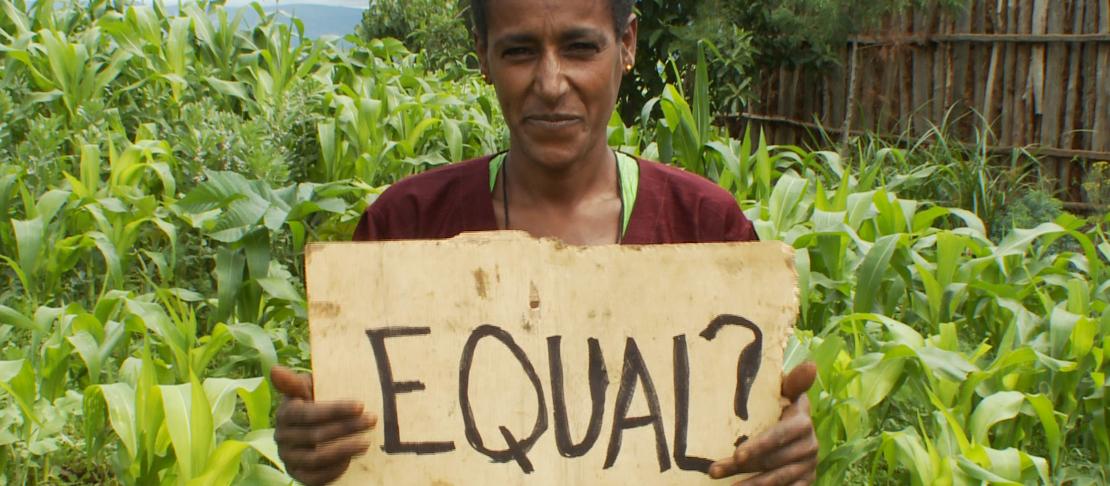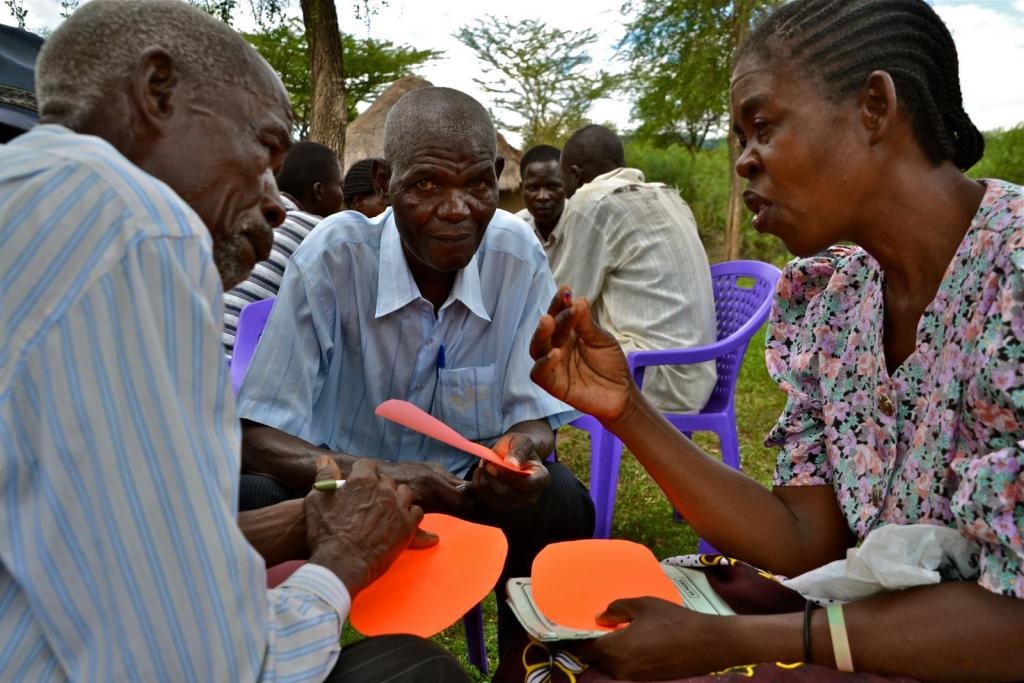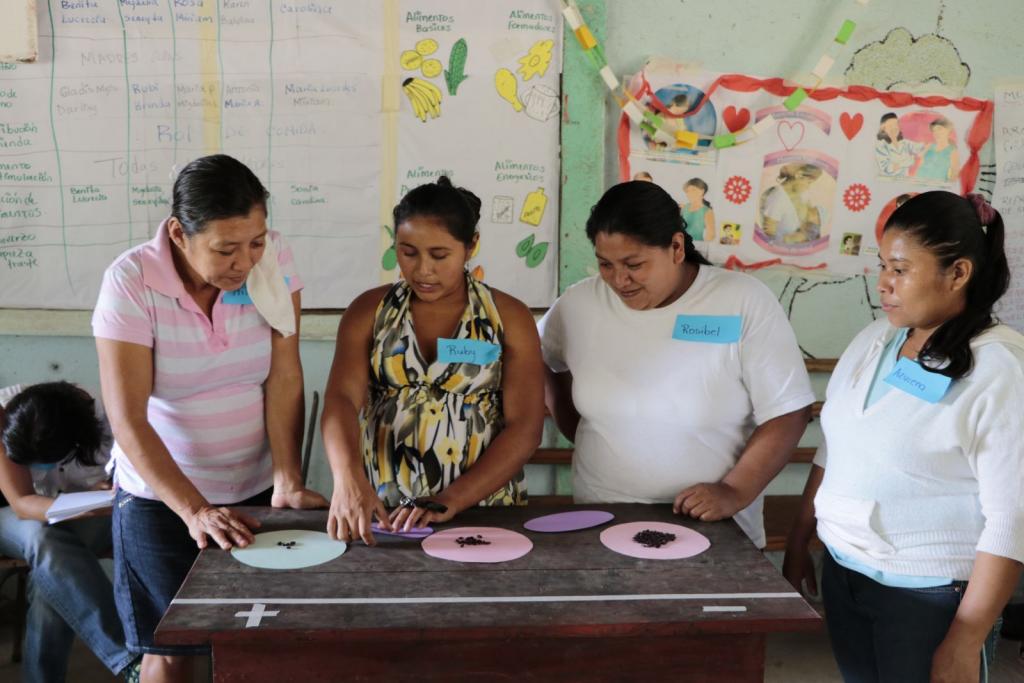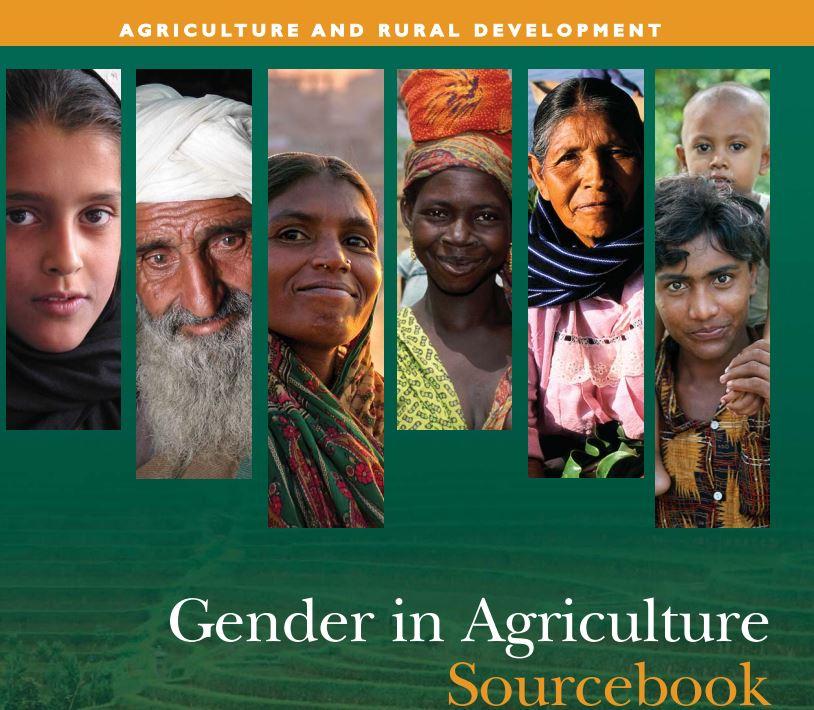Gender tools

Overview of tools for gender and social inclusion research recommended by the CCAFS Gender and Social Inclusion Flagship.
Guidelines or other tools for integrating gender considerations into climate change related activities under the Convention
Drawing on relevant web-based resources, this technical paper aims to provide an overview of existing methodologies and tools for the integration of gender considerations into climate change related activities under the United Nations Framework Convention on Climate Change (UNFCCC). The paper assesses selected tools and guidelines in terms of their methodology, information and data requirements, capacity-building needs, lessons learned, gaps and challenges, and relevance for social and environmental impacts. Parties may wish to use the information contained in this paper in their consideration of entry points for the integration of gender considerations into the formulation and implementation of strategies for mitigating and adapting to the impacts of climate change.
Download the paper: Guidelines or other tools for integrating gender considerations into climate change related activities under the Convention

Photo: C. Schubert (CCAFS)
Gender in climate-smart agriculture: module 18 for Gender in Agriculture Sourcebook
This module of the Gender in Agriculture Sourcebook, published by the World Bank, FAO and IFAD, provides guidance and a comprehensive menu of practical tools for integrating gender in the planning, design, implementation, and evaluation of projects and investments in climate-smart agriculture (CSA). The module emphasizes the importance and ultimate goal of integrating gender in CSA practices, which is to reduce gender inequalities and ensure that men and women can equally benefit from any intervention in the agricultural sector to reduce risks linked to climate change. Climate change has an impact on food and nutrition security and agriculture, and the agriculture sector is one of the largest emitters of greenhouse gases. It is crucial to recognize that climate change affects men and women differently. The content is drawn from tested good practice and innovative approaches, with an emphasis on lessons learned, benefits and impacts, implementation issues, and replicability. These insights and lessons related to gender in CSA will assist practitioners to improve project planning, design, monitoring, and evaluation; to effectively scale up and enhance the sustainability of efforts that are already underway; or to pursue entirely different solutions. This module contains five thematic notes (TNs) that provide a concise and technically sound guide to gender integration in the selected themes. These notes summarize what has been done and highlight the success and lessons learned from projects and programs.
Download the module: Gender in climate-smart agriculture: module 18 for gender in agriculture sourcebook
Gender Issues in Monitoring and Evaluation: module 16 for Gender in Agriculture Sourcebook
Given the enormous amounts of money invested in agricultural and rural development by national governments and international donors, monitoring and evaluation (M&E) are accepted as important steps for assessing progress toward specific outcomes and for measuring impact. Although gender and social equity are commonly discussed priorities in agricultural and rural development, little progress has been made in measuring outcomes in these areas. This module of the Gender in Agriculture Sourcebook, published by the World Bank, FAO and IFAD, aims to address gender concerns in designing agricultural and rural development projects and to provide ideas for improving the M&E of outcomes and impacts. It addresses the question, “How will my agriculture projects improve if I track and measure gender?”
Download the module: Gender Issues in Monitoring and Evaluation
Download the Gender in Agriculture Sourcebook
CARE Gender Toolkit: Foundations for Planning and Preparation
The Foundations for Planning and Preparation section of the CARE Gender Toolkit serves to highlight key considerations and resources that have been used to prepare teams for working in gender analysis:
- What is Gender Analysis?
- Designing Rights-Based, Ethical Research
- Preparing Staff for Research on Gender and Power
- Research Planning and Design
- Selection - WHere to Go and Who to Talk With
Download the section: CARE Gender Toolkit: Foundations for Planning and Preparation
FAO E-learning course: Gender in Food and Nutrition Security
This course provides guidance on how to design and implement agriculture policies and programmes that are gender-responsive, sustainable, contributing to gender equality, and therefore able to improve food and nutrition security. The total curriculum consists of 14 lessons, ranging from approximately 10 to 80 minutes duration, grouped into 3 units:
- Overview of gender concepts and principles
- Gender in food and nutrition security policy and legislation
- Gender in food and nutrition security programming
Download the e-learning course: Gender in Food and Nutrition Security

Photo: G. Betancourt (CIAT)
Policy guideline tools
In Spanish
- Guía para la integración del enfoque de género en políticas agropecuarias y de cambio climático en América Latina
- Género en la ganadería: Consideraciones iniciales para la incorporación de una perspectiva de género en la investigación de la ganadería en Colombia y Costa Rica
- Avances en la inclusión de intereses y necesidades de mujeres rurales en políticas públicas agropecuarias y de cambio climático: el caso de Colombia
- Género y Agricultura en el Perú: Inclusión de intereses y necesidades de hombres y mujeres en la formulación de políticas públicas
In English
- Supporting women farmers in a changing climate: 5 policy lessons
- Influencing gender-inclusive climate change policies in Latin America
Gender integration into climate-smart agriculture: Tools for data collection and analysis for policy and research
The adoption of climate-smart agriculture (CSA) practices at scale requires appropriate institutional and governance mechanisms to facilitate the dissemination of information and to ensure broad participation by relevant stakeholders and targeted beneficiaries. Among the drivers influencing CSA adoption, the understanding of how gender could influence the effectiveness of these instruments is capturing increasing attention in the literature. The aim of this note is to provide some insight on the data and tools necessary when dealing with the analysis of the effects of CSA on food security, focusing on a gender perspective.This note should serve as guidance for readers that would like to engage in the study of CSA and gender. In general, this note does not aim to be comprehensive and complete, but it indicates the main challenges and tools identifiable for this type of study.
This paper was written as a background document for “Gender in climate-smart agriculture: module 18 for the Gender in Agriculture Sourcebook”.
Download the paper: Gender integration into climate-smart agriculture: Tools for data collection and analysis for policy and research
